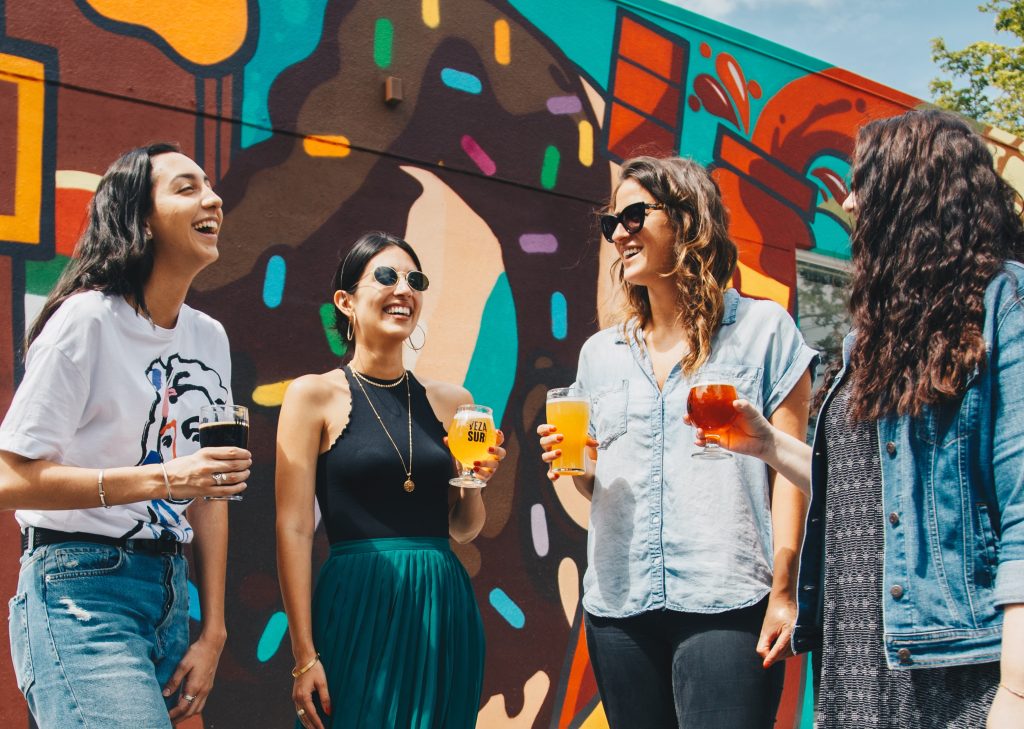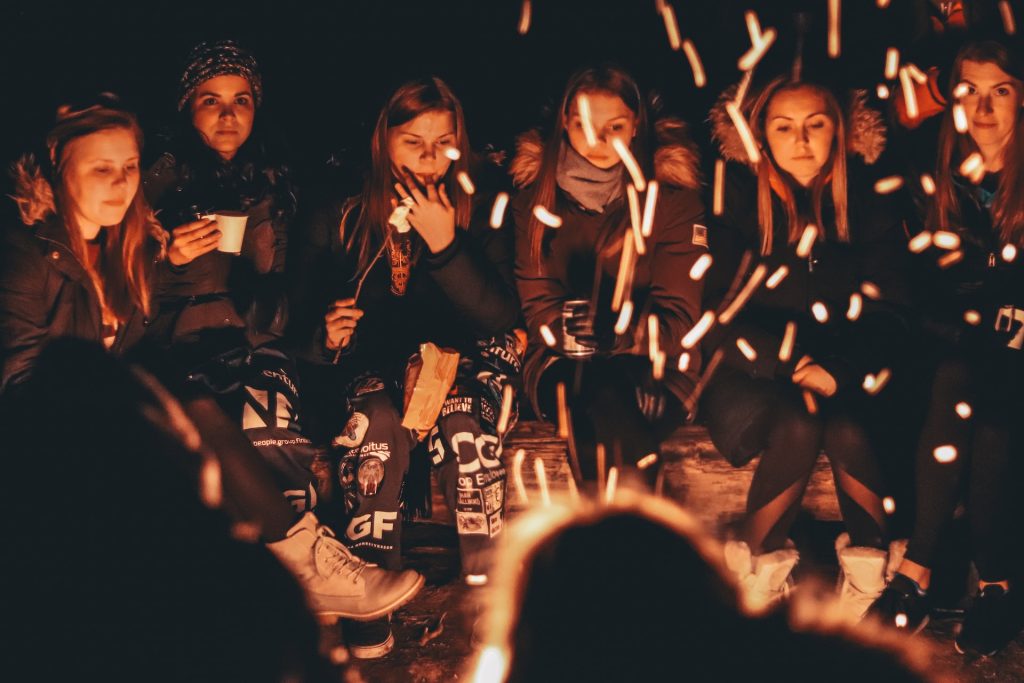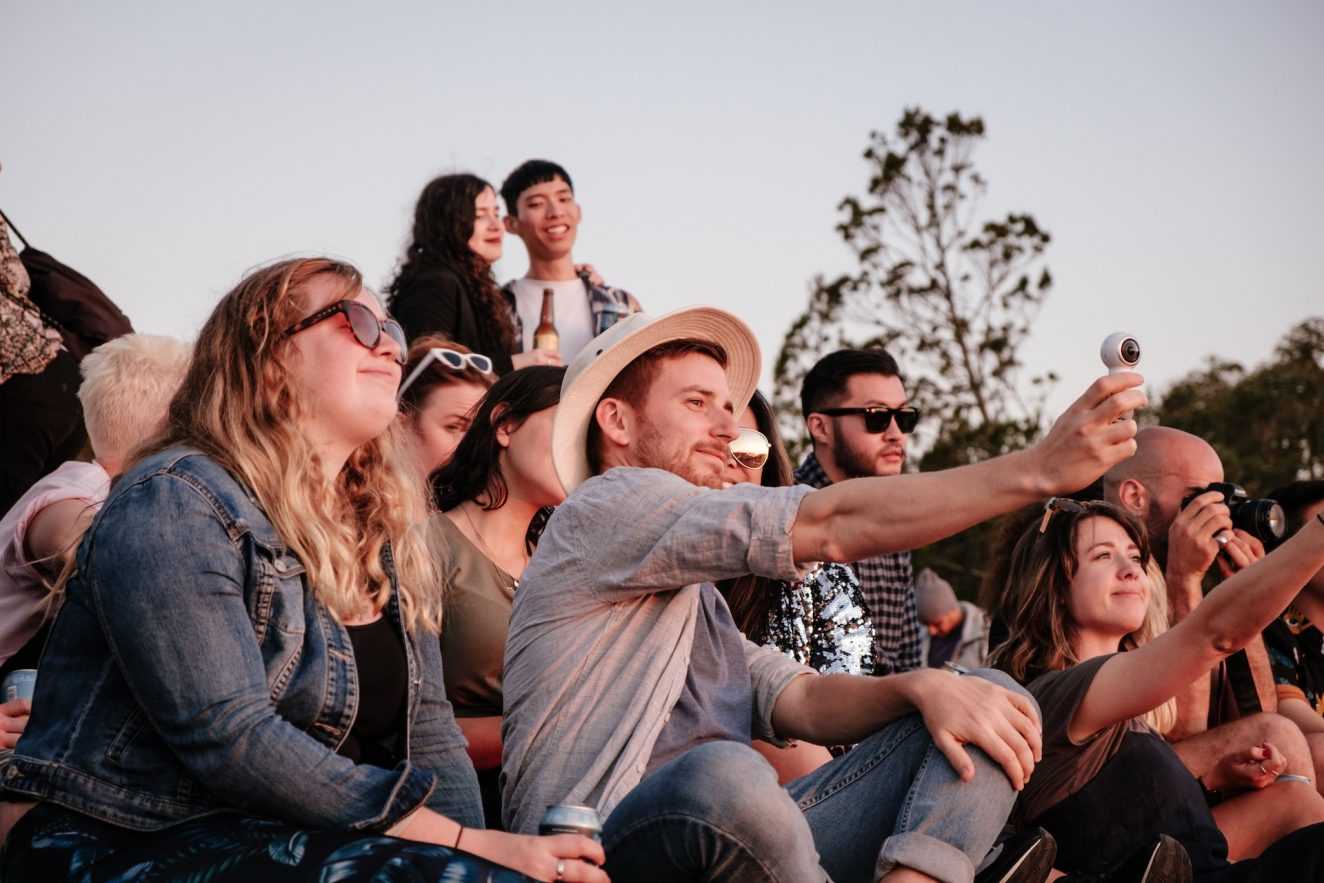From the dawn of humanity to the modern era, the human need for gathering together has been a powerful force shaping our societies and cultures. Gathering is more than just a social pastime; it’s deeply ingrained in our biology and history. In this blog post, we’ll explore the science and art of togetherness, why we find it so irresistible, and the profound importance of socializing.

The Science of Gathering
Science has long recognized the significance of human socialization. Researchers have delved into the biological mechanisms that drive our desire to come together. One key factor is oxytocin, often referred to as the “love hormone” or “cuddle hormone.” When we interact with others, especially through physical touch like hugging or handshakes, our brains release oxytocin. This hormone plays a crucial role in forming social bonds, enhancing trust, and reducing stress. It’s the biochemical glue that binds us together.
Evolutionary Roots
Our ancestors understood the importance of gathering for survival. Early humans formed groups not only for protection against predators but also for cooperative hunting and sharing of resources. This communal living allowed for the division of labor and the development of specialized skills, accelerating our evolution as a species. The practice of gathering has been hardwired into our DNA over millennia.
The Joy of Connection
In the world of literature, authors have long celebrated the joy of human connection. In “The Little Prince,” Antoine de Saint-Exupéry writes, “One sees clearly only with the heart. What is essential is invisible to the eye.” This sentiment reflects the idea that true understanding and connection occur when we gather with others, transcending mere appearances.

Socializing as a Path to Well-being
Numerous studies have shown that socializing is linked to improved mental and emotional well-being. Loneliness, on the other hand, can lead to a range of negative health outcomes. In “The Power of Vulnerability,” Brené Brown writes, “Connection is why we’re here. It’s what gives purpose and meaning to our lives.” She emphasizes the vital role that gathering and connecting with others play in our overall happiness and fulfillment.
Celebrating Together
Throughout history, humans have used gatherings to celebrate important milestones and cultural traditions. Festivals, weddings, and religious ceremonies are just a few examples of how we come together to mark significant moments in our lives. These events not only strengthen social bonds but also create lasting memories and a sense of belonging.
Learning and Sharing
Gathering is a natural way for us to learn from one another and share knowledge. In “The Lean Startup,” Eric Ries stresses the importance of gathering feedback from customers and stakeholders. He highlights how this iterative process of gathering insights and adapting can lead to innovation and success in business and beyond.

The human desire to gather is deeply rooted in our biology and history. Our brains are wired to release oxytocin when we connect with others, reinforcing our social bonds. From our early ancestors forming tribes for survival to the modern practice of gathering for celebration and learning, togetherness is a vital part of our existence.
In the words of Helen Keller, “Alone we can do so little; together we can do so much.” Gathering allows us to harness the collective power of our connections, fueling our emotional well-being, cultural traditions, and shared learning. So, the next time you find yourself in the company of others, whether at a family dinner, a festival, or a business meeting, take a moment to appreciate the profound significance of togetherness in shaping our lives and the world around us.





